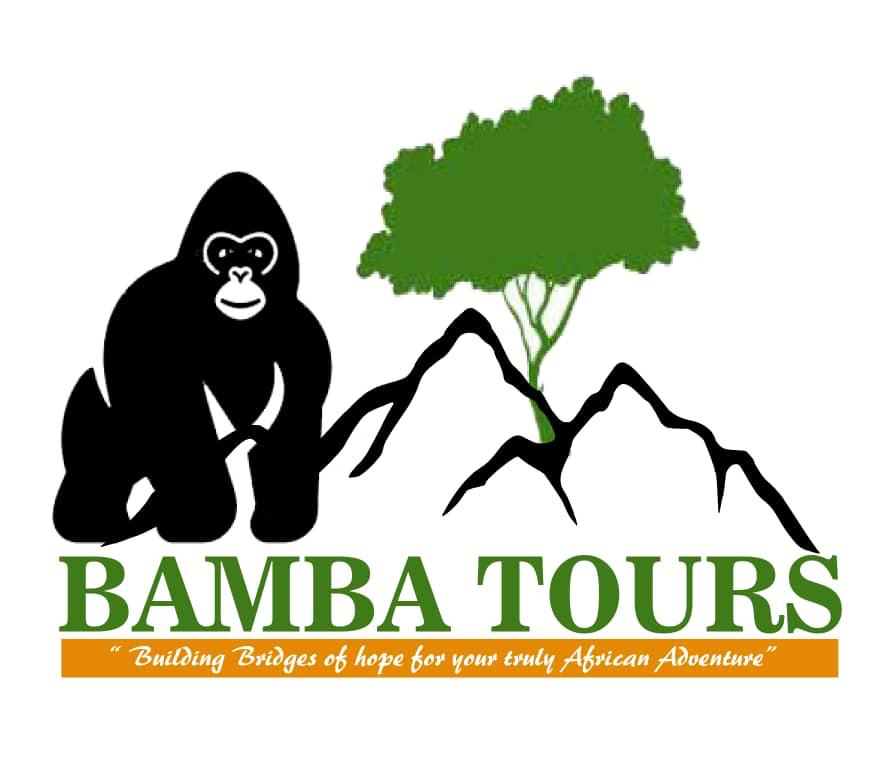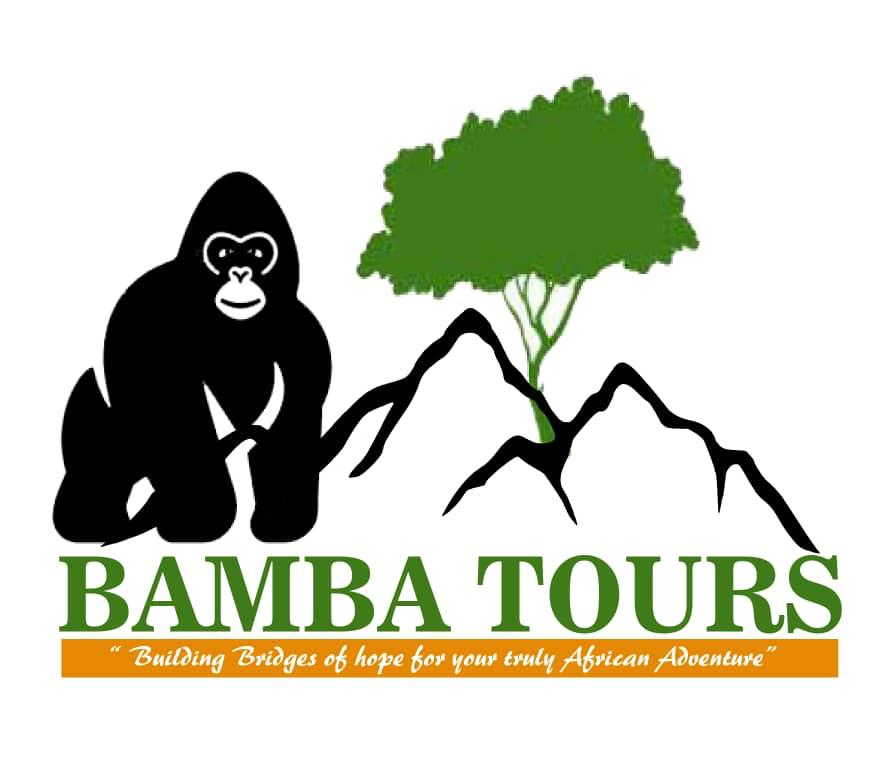Travel Tips Bamba Tours
GENERAL
The first thing you should always do upon arriving is stop in at the Visitors Centers where available and listen to your driver guide whenever you want to step in or out of your car. Inside, the friendly park rangers will have the latest information about safety hazards, closures, weather and wildlife notices.
Always stay on the trails when walking and hiking to protect both you from the wilderness and the wilderness from you.
Clean up after yourself. We all must do our part to preserve the parks, so that everyone can experience the wonders they have to offer for years to come.
Get out of your car. Too many people drive through the parks, stepping out here and there for a quick view. To truly experience the park, get out and find a hiking trail.
Take only photographs, leave only footprints. These two simple phrases sum up the heart of eco-tourism. Do not leave litter of any kind, and do not take any souvenirs from historical sites and natural areas.
In the wilderness never disturb anything that you can avoid disturbing. Leave all the pretty rocks where they are; your desk will survive without another paperweight. The “it’s only one rock” attitude goes out the window when a million people each take one rock from one forest.
Do not disturb animals, plants or their natural habitats, and hopefully they will not disturb you in return. You were told a thousand times as a child to not tap the aquarium’s glass, so consider each ecological wonder a special aquarium.
Respect the privacy of others and always ask before photographing people. Some people believe that photographs steal their souls. Why you may not believe this to be true, respect their beliefs slide the camera back into backpack.
Also be respectful of local people’s land by asking permission before entering buildings, shrines or sacred lands. Showing respect will gain you the most treasured of souvenirs trust.
Souvenirs are a vital part of every trip, special for their uniqueness and direct mental link to a fabulous vacation memory. As a concerned eco-tourist, do not buy products made from endangered plants or animals, such as ivory, tortoise shell, animal skins and feathers. Purchase souvenirs from local artists to keep cultural traditions alive.
Visas and Other Travel Documents
You should contact the Embassy/Mission in your country of residence for the most up to-date advice on visa and travel requirements.
The issuance of a confirmation letter from us does not necessarily mean that you will be granted a visa from the Embassy/Mission. In such instances, where you are obliged to cancel (part of) an itinerary if you are not granted a visa, cancellation of your ticket or other travel arrangements will still be subject to the supplier or Bamba Tours Cancellation or administration fees.
For those visiting the D.R.Congo, you can apply at the embassy or consulate in your respective countries or you can apply for tourist and fast delivery at reservationsbambadrc1@gmail.com, if failed to get it at the embassy
Insurance
Travel insurance is a vital part of your arrangements and Bamba Tours strongly recommends that you have taken out adequate travel insurance for the entire duration of your itinerary.
Lodges/Hotels
Our Lodges/Hotels range from basic to deluxe depending on where you go and how much money you want to spend.
Top-class British and European cuisine as well as some local dishes are served in the hotels, lodges, camps and restaurants. Most foreign visitors are very impressed with the quality our hotels and lodges and quantity of food provided while on safari. Some of the more up-scale camps provide food, presentation and service which rival that of a five-star hotel in any top city. The tables are elegantly set under the stars, under thatch or even in a boma, and we promise you will never go hungry.
Cruise
One of the best ways for visitors to see the beauty of some African great lakes, the Nil and rainforest is on a cruise. Traveling by water allows you see different areas and cover a lot of ground while offering access to interior parts of the rainforest. You see different areas and cover a lot of ground. Your clothes and things stay drier, it can be cooler on the river with the breeze, and you don’t have to constantly pack and re-pack your stuff.
Guides
It is usually a good idea to have a guide. Chances are you will not see much wildlife on your own or you might hurt yourself or get lost. Further, many countries require you to use a local guide when you enter a national park. This not only is a service to you, but also economically justifies the park by providing employment opportunities to local people. In populated areas, conservation cannot really be considered a success without the support of local people. Locals must see tangible economic benefit from their forfeiture of everyday activities like hunting and subsistence agriculture.
To fully appreciate your rainforest experience you should learn something before you go. It helps tremendously to have a basic familiarity with the environment around you.
Immunizations and Vaccinations.
Check what immunizations are needed for travel and see that your vaccinations are up to date. Some countries require specific immunizations for entry.
Make sure your Certificate of vaccination have your names and birth date.
Fitness. Because of the climate and general lack of medical facilities, you should be reasonably fit before setting off the Equatorial or some other tropical rainforest. Check with your doctor!
Covid 19 vaccine should be mandatory for some countries, make sure you follow the guidelines safety of each country once in.
Mandatory to your international certificate of yellow fever, proof that you are vaccinated against yellow fever and other vaccination must be included, make sure your name and birth dates are well written on it.
Travel Health Insurance.
Check to see whether your health insurance covers you overseas. If not, buy supplemental travel health insurance if you think there’s a risk or want to be on the safe side. Medivac is a good idea for some countries and locales. There are some countries you don’t want to spend a lot of time in the hospital.
Packing.
Pack prescriptions in your carry-on. Bring enough for your trip and maybe a little bit extra in case of unforeseen delays but don’t pack excessive amounts because it may raise suspicions at customs. If you are taking especially unusual or potentially illegal medications you should have a note from your doctor (or maybe not traveling in the first place). Medications have different legal status in different countries, but it is usually not a problem.
Medications to bring. Take personal medications for aches and pain, motion sickness, infection, upset stomach, allergies, and diarrhea.
Don’t forget insect repellent and sunscreen!
What to pack for your visit to the rainforest
Insect repellent
Ant-inch / insect bite relief products
Sunscreen
Lip balm
Sunburn relief products
Pre-moistened novelettes or baby wipes
Hand sanitizer
Moisturizer
Medication (altitude sickness, colds, fever, bites)
Basic first aid kit (band-aids, aspirin, disinfectant / antiseptic, tweezers
Instructions on medications if you have special requirements for attending doctor.
Spare contact lenses and glasses
Ear plugs if you are a light sleeper
Clothes-washing soap
Clothing
Raincoat / poncho
Wide brim hat
Flip flops / sandals
Walking shoes/old athletic shoes/hiking boots.Be sure they are comfortable — blisters are not fun in the tropics where they are likely to get infected. 2 pairs are a good idea since one pair will usually be wet and muddy from hiking.
Socks. Your socks will likely be thrashed by the end of the trip. Be prepared to wash them daily.
Bathing / swimming attire
Shorts, although long pants are a better bet for hiking
Long pants. I prefer cotton or quick drying material to the high-tech synthetic stuff that tends to be hot. Breathable is good. Quick drying is good — jeans are not fun when wet and hot.
Light cotton shirts can be preferable to T-shirts, though T-shirts are easy
Lightweight long-sleeved shirts for protection against sun and insects
Bandanas can be useful for all sorts of purposes
Lightweight jacket — it can get cold especially at elevation
Underwear
Sleeping attire
Hiking stuff
Lightweight day pack for hikes. Waterproof is nice but plastic bags inside the pack is an option.
Binoculars for birds and mammals
Sunglasses
Water bottle and/or a CamelBak-style backpack. I use a plastic water bottle acquired locally — less stuff to bring and there’s no pain when they get lost or smashed.
Flashlight and a headlamp
Camera stuff
You should pack your film in your carry on. Some airport x-ray machines now damage undeveloped film. Check with security people at the airport.
Charger
Current converter and plug adapter
Extra film, batteries, and memory cards. Bring more than you think you’ll need.
Other stuff
“Gifts.” Pens and school materials for kids, not candy. You should give gifts for children to their parents or teachers, never directly to children.
Extra bag for tourist items you pick up along the way. Old clothes can be given away at the end of the trip — less stuff to take home and more room for locally produced goods.
Travel guide, field guides, reading material (sometimes this can be left behind in lodges where it can be appreciated by other guests)
Travel clock with alarm
Notebook, journal, pens (including a permanent marking pen)
Zip lock bags are great for keeping your clothes and gear orderly and dry.
Money
Carry with new notes especially USD ( Series 2015 and above), US Dollar notes which are under 2015 might not be accepted in some countries.
Euros, pounds are also accepted but sometimes at the rates as US Dollar.

